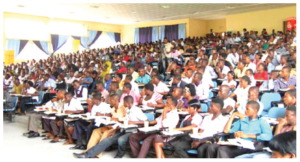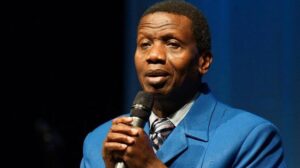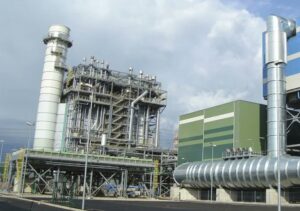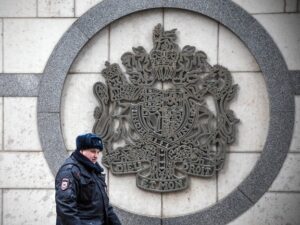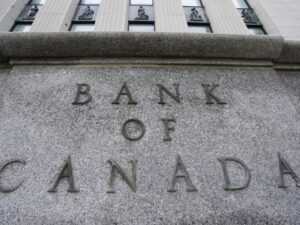The Federal High Court, Abuja, on Tuesday admitted Andrew Yakubu, former Group Managing Director, Nigeria National Petroleum Corporation (NNPC), to N300 million bail with two sureties.
Yakubu was arraigned by the Economic and Financial Crimes Commission (EFCC) on six counts bordering on non-disclosure of assets and fraud, charges to which he pleaded not guilty.
Yakubu was alleged to have as “Group Managing Director of NNPC, between 2012 and 2014, within the jurisdiction of the court, with intent to avoid lawful transaction, transported to Kaduna $9.7 million and €74,000’’.
He was also accused of failure to disclose the sum of $9.7 million and €74,000 to the EFCC in his asset declaration form, a crime which contravened Section 27 (3) of the EFCC Act.
At the resumed hearing to determine bail application, Justice Ahmed Mohammed, said that from the arguments canvassed and placed before him by the defence team, Yakubu was not likely to jump bail.
According to him, the fact that Yakubu received an invitation from EFCC while abroad and decided to honour it, he does not strike me as someone who would jump bail.
The judge further said that the only grounds upon which a defendant could be denied bail as stipulated by law was where there was reasonable ground to believe that the person would commit another crime if released.
He also said that bail could be denied only where there were grounds to believe that the defendant would jump bail or interfere with investigation, adding that none of these was applicable in this case.
Mohammed said that bail was also granted particularly since the prosecution confirmed that it had concluded its investigation.
He therefore admitted Yakubu to bail, but refused the application seeking the release of his international passports to enable him travel abroad for medical treatment.
According to him, when a defendant is arraigned, the primary concern is whether he should be granted bail or not and not whether he should travel or not.
The other conditions of the bail are that one of the sureties must be gainfully employed and be resident in Abuja with a traceable address.
The judge also directed that the two sureties must deposit their recent passport photographs to the court’s registrar.
“Yakubu is also not to travel outside the country during the pendency of the trial and must remain in prison custody until he perfects his bail condition,’’ Mohammed ruled.
He adjourned the matter until May 9 for commencement of trial.
Earlier, the Prosecutor, Mr Ben Ikani, had urged the court to deny Yakubu bail on the grounds that in view of the huge sum involved, he was likely to influence the witnesses named in the proof of evidence.
However, Mr Ahmed Raji (SAN), counsel to Yakubu, urged the court to grant his client bail since he surrendered himself to the EFCC upon their invitation even when he was abroad for medical treatment.
Raji had also argued that the offences Yakubu was accused of, which bordered on false asset declaration, money laundering and fraud, were bailable and that he had never been convicted before.
He said that moreover the 1999 Constitution provides that Yakubu was presumed innocent until proven otherwise




